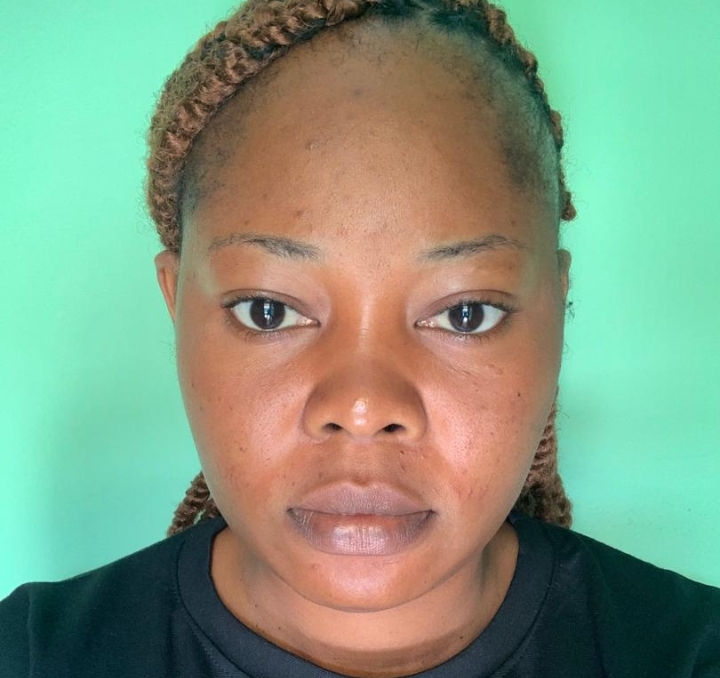Safe but scarred: Ebele Ngozi Okwuosa recounts her narrow escape from anti-LGBTQ+ violence in Anambra state.
Miss Ebele Ngozi Okwuosa, a 32-year-old bisexual woman from Anambra State, Nigeria, is grateful to be alive and in good health after narrowly escaping a violent anti-LGBTQ+ campaign in her hometown. Orphaned at the age of 12, she was adopted by her lesbian aunt, who provided her with a nurturing space to explore and embrace her identity as a teenager.
However, her world was shattered in October 2024 when a violent mob—comprising mostly local youths and some elders—launched a brutal campaign against lesbians in the Awka area. In a horrific escalation, two of Okwuosa’s close friends were murdered, plunging her into a constant state of fear.
“This was how my nightmare began,” she recalls. “I felt unsafe everywhere, even in my family home, where I knew I could be easily found.” In the following weeks, she lived on the run—changing locations every night to avoid detection.
By December 2024, she managed to escape to Lagos, Nigeria’s bustling commercial capital. Yet her fear only deepened when she noticed unfamiliar individuals following her. “I was terrified,” she said. “I had to cut contact with my remaining family to avoid putting them in danger.”
Her salvation came through her brother-in-law, Mr. Sylvester Azubuike, who helped her obtain travel documents to leave the country. In early 2025, Okwuosa arrived safely in France, though the trauma of her experience remains fresh.
“My nightmare ended when I landed in France,” she said. “But I still carry the pain of losing my friends—victims of hate, punished for simply being who they were.”
Now safe in Europe, Okwuosa is determined to live freely and rebuild her life. She dreams of starting a family and hopes to one day marry. Her story highlights the harsh reality faced by LGBTQ+ individuals in Nigeria, where cultural stigma and violence persist in the absence of legal protections.
Nigeria, a country of over 250 million people and more than 500 ethnic groups, lacks comprehensive anti-discrimination laws for LGBTQ+ citizens. In this legal vacuum, extremist groups have taken justice into their own hands—persecuting, assaulting, and in some cases, killing those they deem “different.”
For Okwuosa and others like her, survival is an act of resistance. While some fall victim to the violence, others, against all odds, manage to escape and begin anew.

